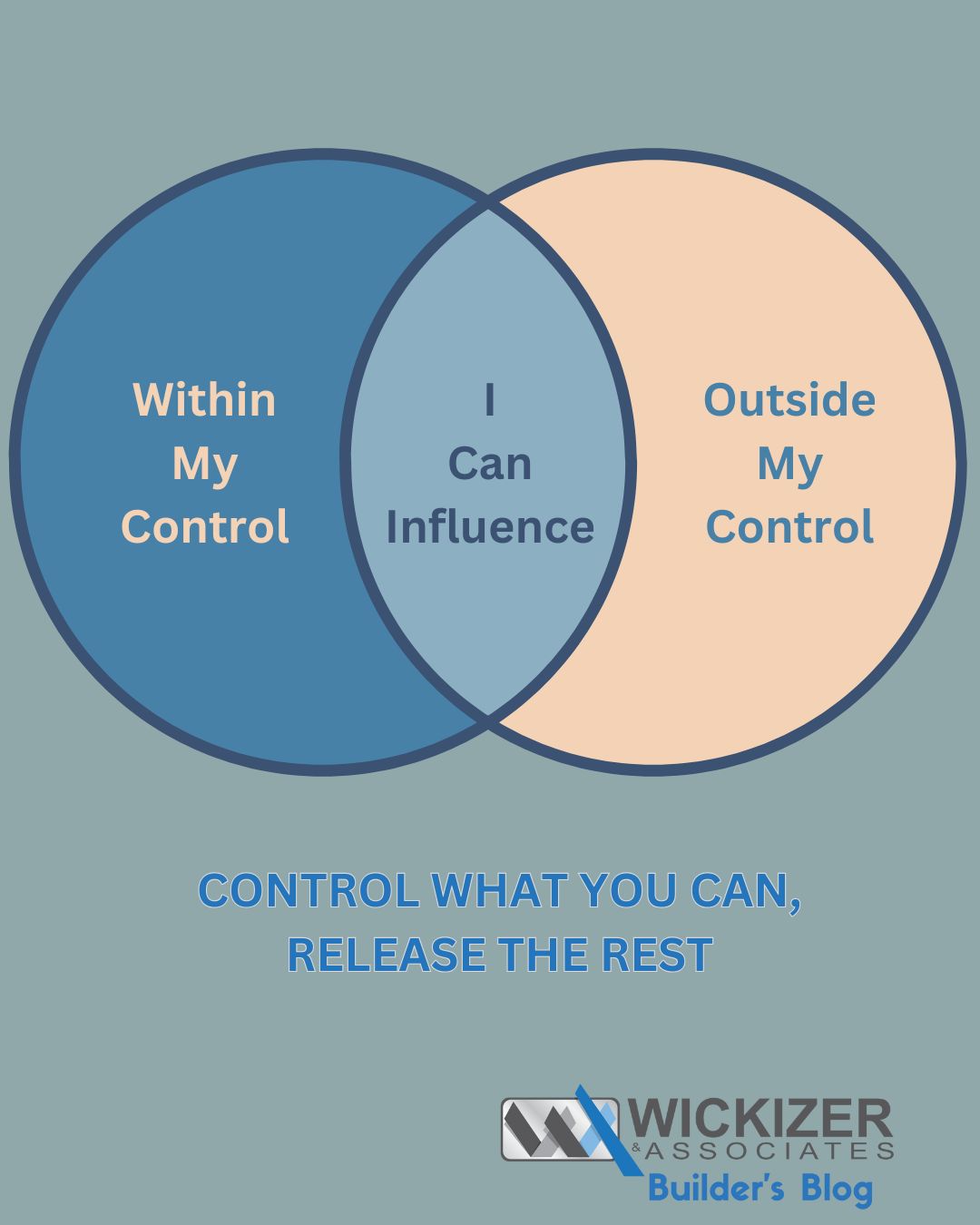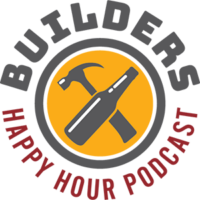
Control What You Can, Release the Rest
What are you stressed about? What is giving you anxiety?
People seem to be a lot more stressed and a lot more anxious these days. Just dip into your news feed and you will receive more than enough reasons to be worried or anxious. Yet, most of the things we worry about are things we have little control over. It is also true that most of the things we fear will never come to pass. Worry is often a wasted emotion. It is far better to spend our limited energy on things we have direct control over or within our “locus of control” (how in control you feel about the events that influence your life).
A person with a high internal locus of control believes they primarily attribute their successes and failures to their own actions and choices, taking personal responsibility for outcomes rather than blaming external factors. They believe they control their destiny rather than others. This manifests in strong goal setting, and a high level of motivation to influence situations and achieve desired results. They worry less and often achieve more than those that have an external locus of control. Here is a comparison:
Internal Locus of Control:
- Are more likely to take responsibility for their actions
- Tend to be less influenced by the opinions of other people
- Often do better at tasks when they are allowed to work at their own pace
- Usually, have a strong sense of self-efficacy
- Tend to work hard to achieve the things they want
- Feel confident in the face of challenges
- Tend to be physically healthier
- Report being happier and more independent
- Often achieve greater success in the workplace
External Locus of Control:
- Blame outside forces for their circumstances
- Often credit luck or chance for any successes
- Don’t believe that they can change their situation through their own efforts
- Frequently feel hopeless or powerless in the face of difficult situations
- Are more prone to experiencing learned helplessness
So how do we strengthen our internal locus of control?
The simplest way to developing an internal locus of control is by asking yourself the following questions when something goes poorly for you:
- How much control did I have over the inputs that led to this outcome?
- What could I have done to change the course of things?
Another strategy to activate your internal locus of control is to draw two concentric circles. One circle encompasses what you can control, the other is what you have no control over. The intersection of the two are areas where you have no direct control, but you have some degree of influence. Here is an example around a dissatisfied client:
Within your control:
- Your emotional stability upon being criticized
- The degree you extend yourself and your company to resolve the issue
- Learning from the feedback around the client’s issue
Outside of your control:
- The clients emotional state and the story they create around the situation
- The degree they share their dissatisfaction with others
- Your ability to completely satisfy the customer
What you can influence:
- Deescalating the emotional energy around the issue
- Enrolling others in the possible resolution
- Enacting changes that will limit future issues
Here are some other strategies that will help build an internal locus of control:
- Define your own values and beliefs
- Be aware of your choices and exercise your power to choose
- Ask for insight and seek wisdom
- Embrace and learn from failure
- Be aware of outside influences trying to manipulate your thinking and “weed” out the lies
Want to get new blog posts in your inbox? Subscribe here

